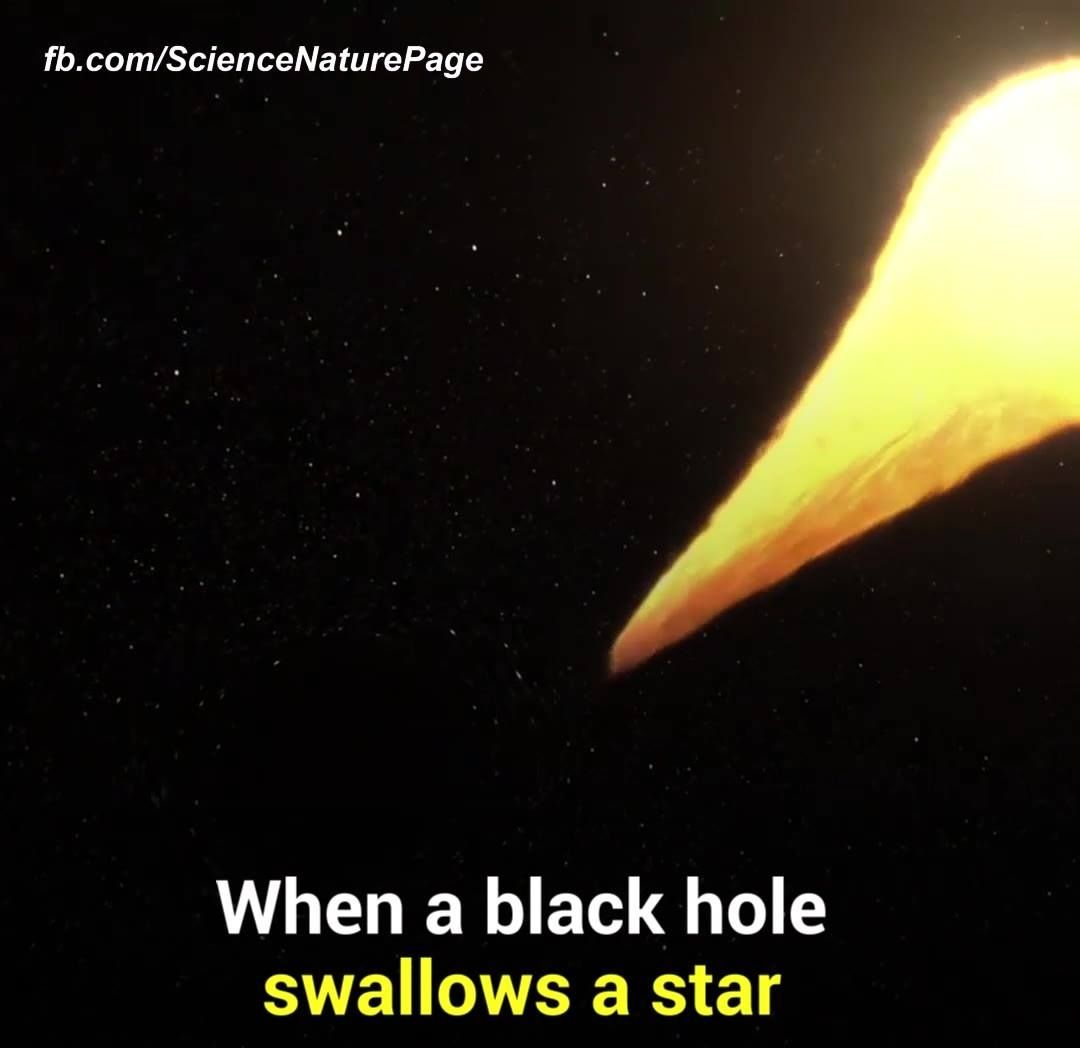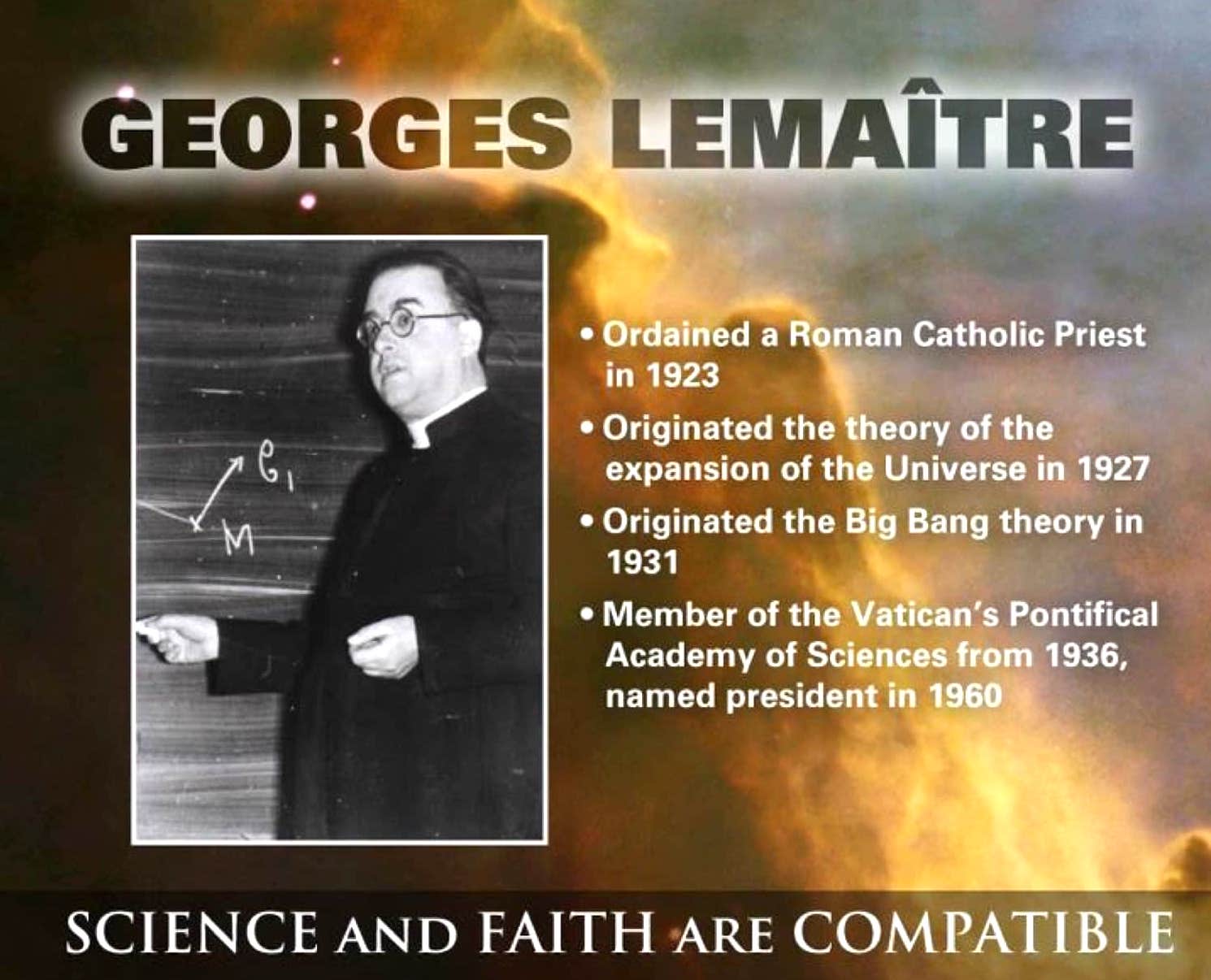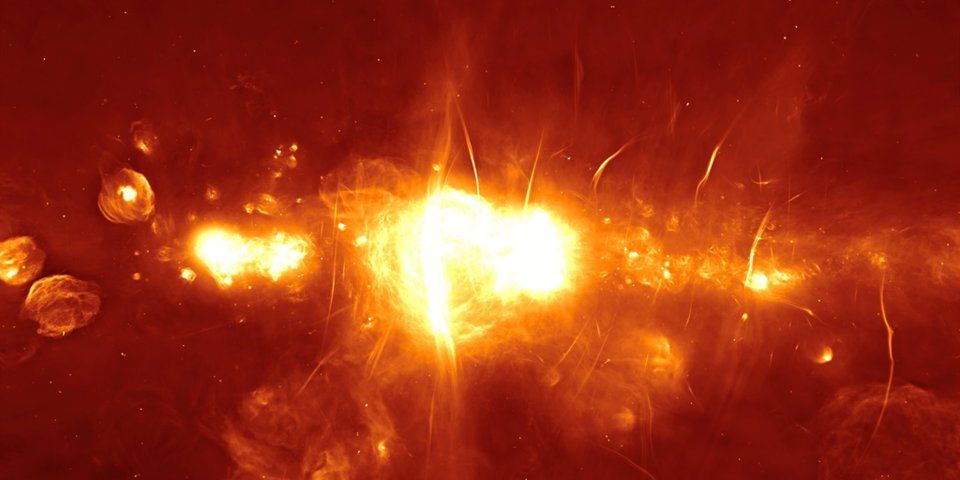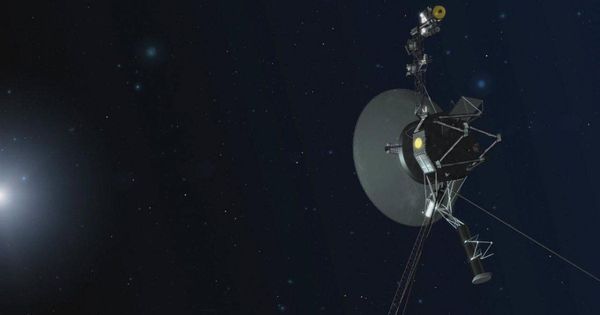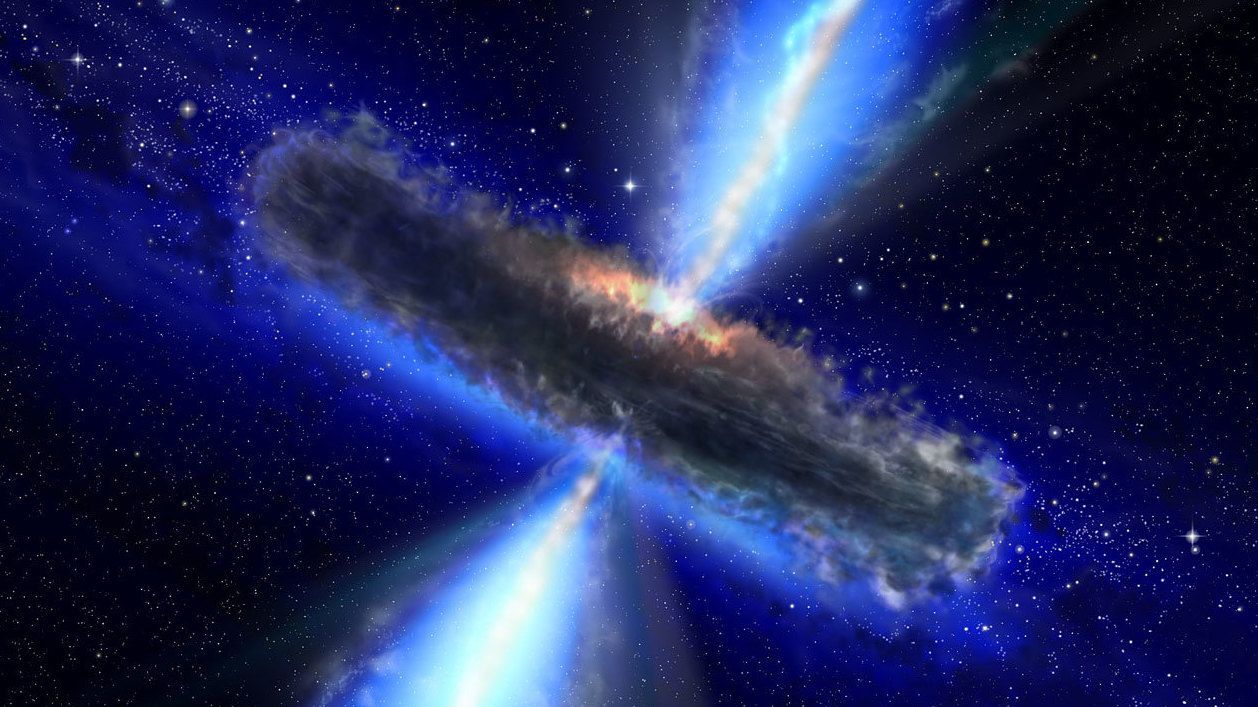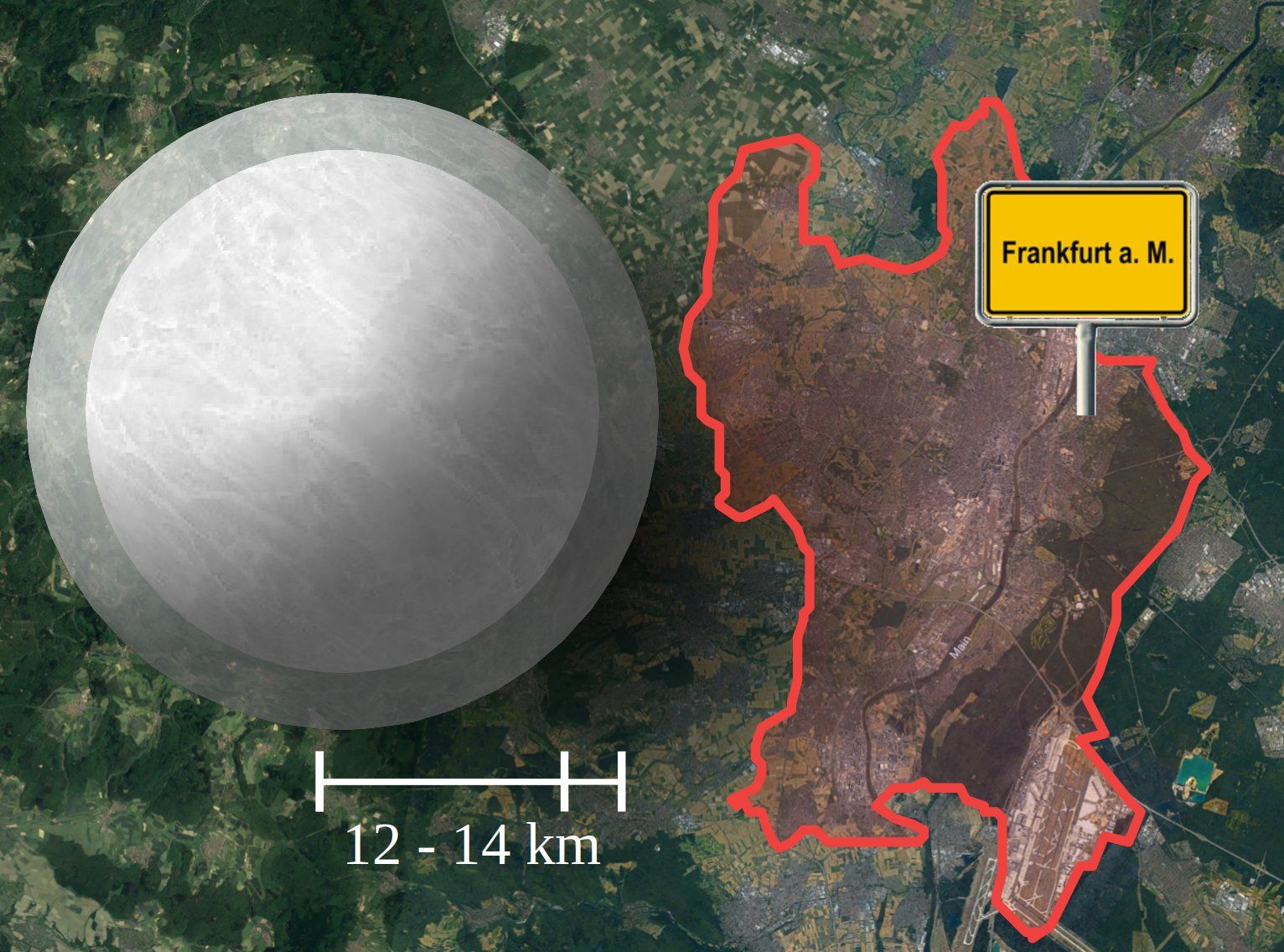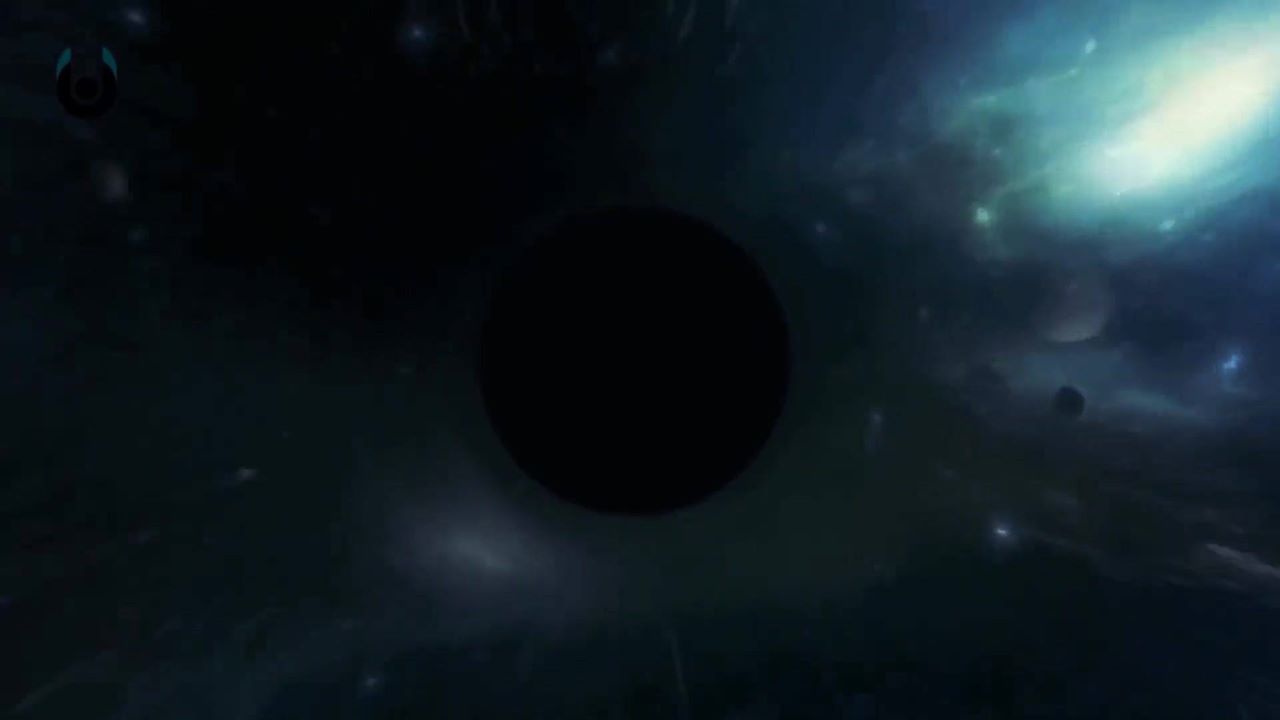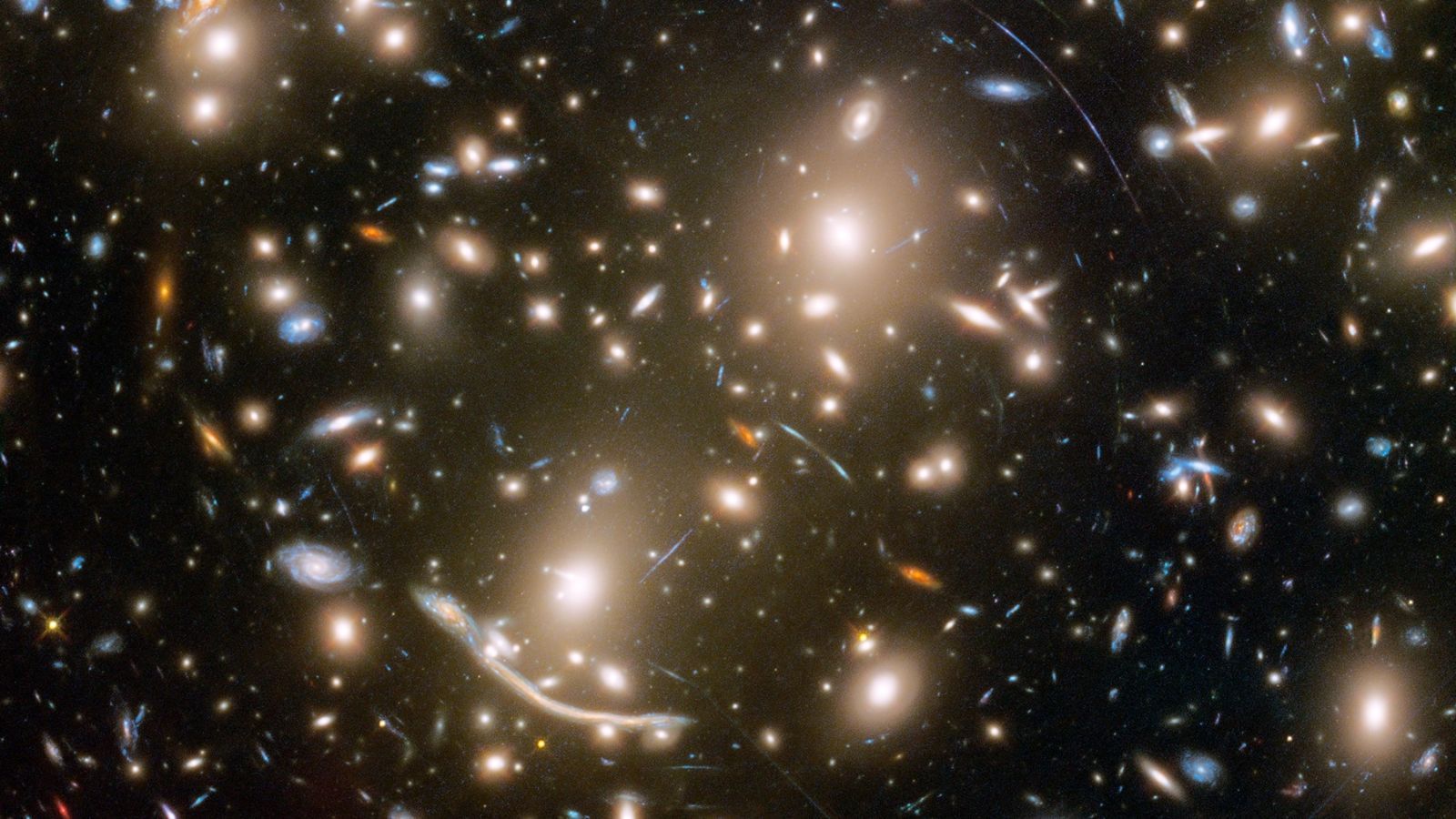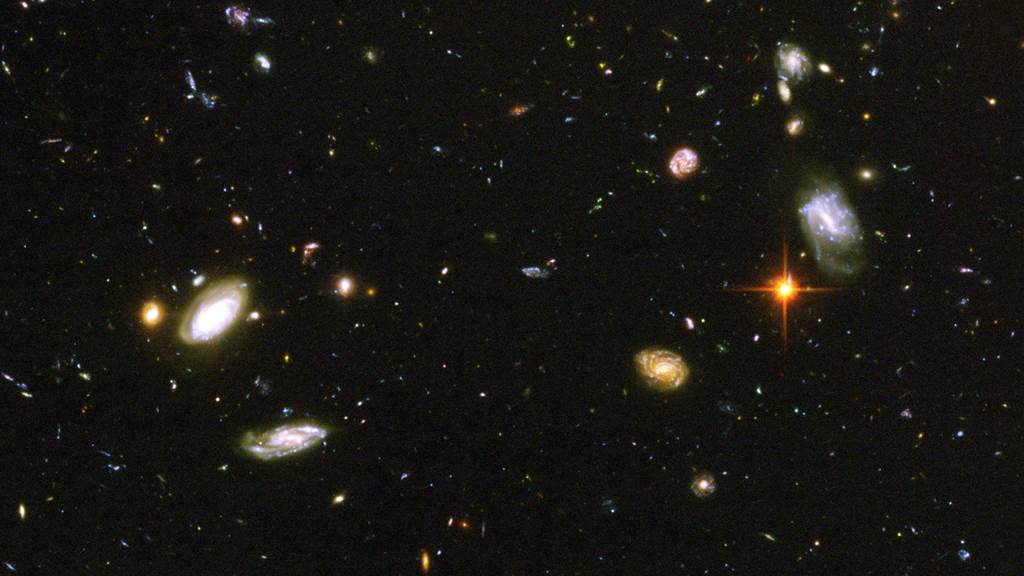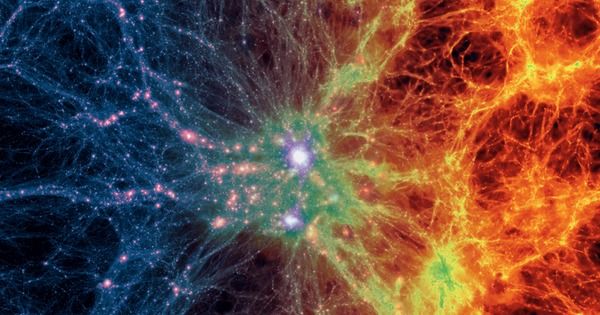Archive for the ‘cosmology’ category: Page 370
Jul 16, 2018
The Father of the Big Bang Theory
Posted by Michael Lance in categories: cosmology, engineering, military, particle physics
Monsignor Georges Lemaître was a Belgian Roman Catholic priest, physicist and astronomer. He is usually credited with the first definitive formulation of the idea of an expanding universe and what was to become known as the Big Bang theory of the origin of the universe, which Lemaître himself called his “hypothesis of the primeval atom” or the “Cosmic Egg”.
Georges Henri Joseph Édouard Lemaître was born on 17 July 1894 at Charleroi, Belgium. After a classical education at a Jesuit secondary school, the Collège du Sacré-Coeur in Charleroi, he began studying civil engineering at the Catholic University of Leuven (Louvain) at the age of 17. In 1914, he interrupted his studies to serve as an artillery officer in the Belgian army for the duration of World War I, at the end of which he received the Military Cross with palms.
Jul 15, 2018
A ‘super telescope’ has captured an astounding image of the massive black hole at the centre of our galaxy
Posted by Genevieve Klien in category: cosmology
An astounding image of the massive black hole at the centre of the Milky Way has been captured by a super telescope in South Africa.
The clearest image yet of the centre of the Milky Way galaxy has been released from South Africa’s shiny new radio telescope, MeerKAT.
This $330 million (R4.4 billion) 64-dish radio telescope will listen to the relatively weak signals from space to help scientists understand what is going on in the far reaches of the universe. It will eventually become part of the Square Kilometre Array (SKA) which will be 50 to 100 times more sensitive than any other radio telescope on earth.
Jul 12, 2018
NASA’s Voyager-1 Spacecraft Opens Door On New Way To Look For Dark Matter
Posted by Genevieve Klien in category: cosmology
NASA’s 40-year-old Voyager-1 spacecraft amazes all with ground-breaking new cosmic ray data from interstellar space.
Jul 12, 2018
A 4 Billion Light-Year Journey Ends At The South Pole
Posted by Genevieve Klien in categories: cosmology, particle physics
Physicists Pinpoint The Origin Of A Powerful Neutrino For The First Time Ghostly particles called neutrinos can travel nearly unimpeded across the universe. For the first time, physicists have been able to pinpoint the origin of a powerful neutrino.
Jul 11, 2018
Physicists set limits on size of neutron stars
Posted by Genevieve Klien in categories: cosmology, physics
How large is a neutron star? Previous estimates varied from eight to 16 kilometres. Astrophysicists at the Goethe University Frankfurt and the FIAS have now succeeded in determining the size of neutron stars to within 1.5 kilometres by using an elaborate statistical approach supported by data from the measurement of gravitational waves. The researchers’ report appears in the current issue of Physical Review Letters.
Neutron stars are the densest objects in the universe, with a mass larger than that of our sun compacted into a relatively small sphere whose diameter is comparable to that of the city of Frankfurt. This is actually just a rough estimate, however. For more than 40 years, the determination of the size of neutron stars has been a holy grail in nuclear physics whose solution would provide important information on the fundamental behaviour of matter at nuclear densities.
The data from the detection of gravitational waves from merging neutron stars (GW170817) make an important contribution toward solving this puzzle. At the end of 2017, Professor Luciano Rezzolla, Institute for Theoretical Physics at the Goethe University Frankfurt and FIAS, together with his students Elias Most and Lukas Weih already exploited this data to answer a long-standing question about the maximum mass that neutron stars can support before collapsing to a black hole—a result that was also confirmed by various other groups around the world. Following this first important result, the same team, with the help of Professor Juergen Schaffner-Bielich, has worked to set tighter constraints on the size of neutron stars.
Continue reading “Physicists set limits on size of neutron stars” »
Jul 8, 2018
How Will Future Civilizations Survive the Accelerating Expansion of the Universe?
Posted by Genevieve Klien in categories: cosmology, futurism
If you think we have problems now, just wait a few billion years, when the accelerating expansion of the Universe triggers an energy crisis of cosmological proportions. Sounds grim, but as a new paper points out, an advanced civilization faced with doom won’t have to go gently into that good night—there may very well be a way to rage against the dying of the light.
Owing to the inexorable influence of dark energy, the space in our Universe is expanding at an accelerating rate. We don’t need to worry about this right now, but for those civilizations still around tens of billions of years from now, it’ll probably be a major headache. By this stage, galaxies outside of our Local Group—a conglomeration of about 54 nearby galaxies—will be moving away from us faster than their light can reach us, making them completely inobservable, and by consequence, utterly inaccessible.
Some scientists say we live in a multiverse, and that the universe we inhabit is just one of many — or perhaps an infinite number — in existence.
Jul 3, 2018
This Is How Much Dark Matter Passes Through Your Body Every Second
Posted by Genevieve Klien in categories: cosmology, particle physics
There’s a halo of dark matter permeating every galaxy, and that means its particles pass through us, too.
